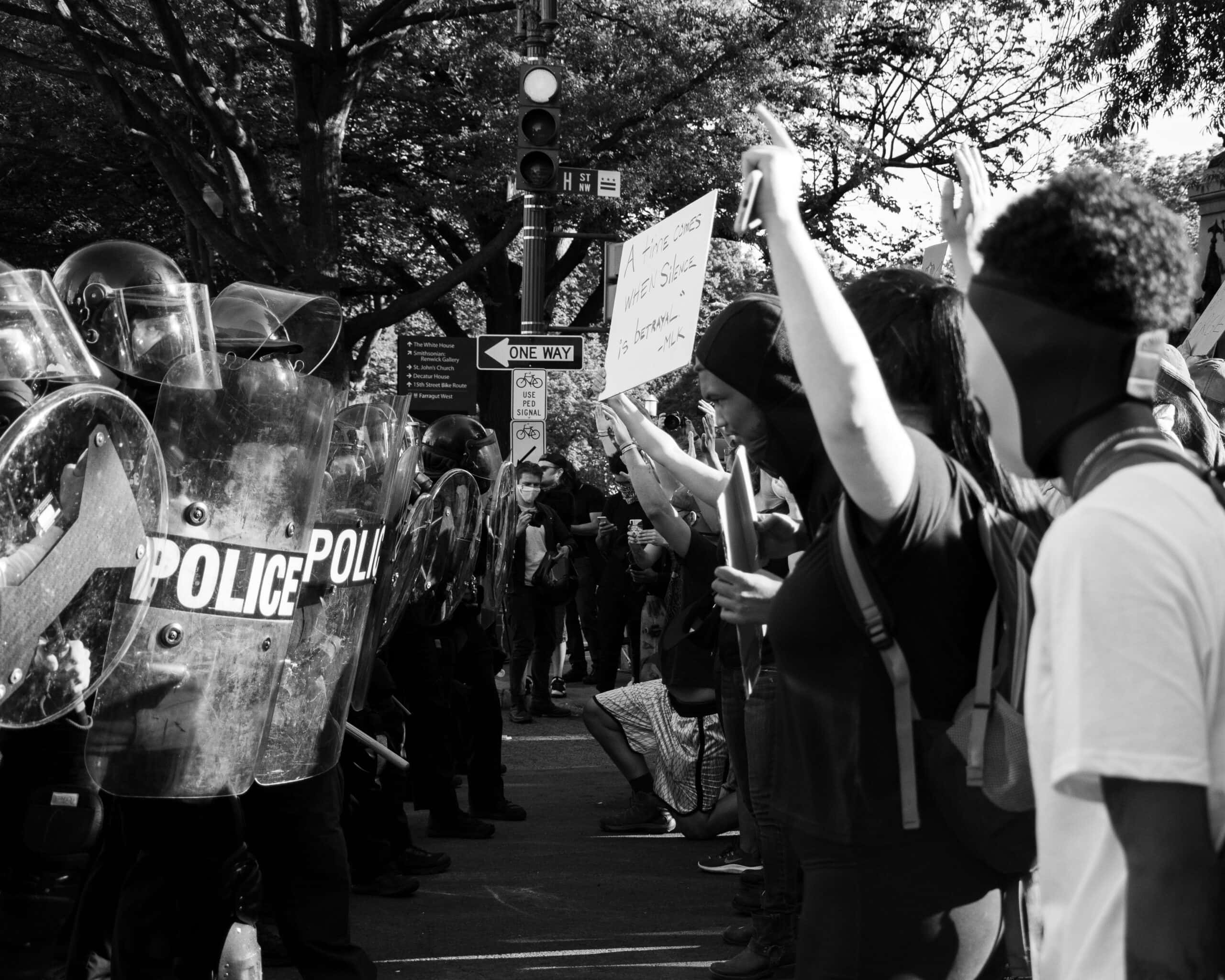Higher education is seemingly in an increasingly perilous spot. As the job market shifts — 47 to 54% of jobs will likely be lost to automation by 2030, or roughly 800 million jobs globally, according to McKinsey Global Institute — higher ed also needs to reinvent itself to remain a value-add in the modern age.
Into this confusing time comes a lot of issues with reputational risk. From social issues and political risk to cybersecurity concerns to the potential for violence on campus to environmental and pandemic-type threats, it is a very uneasy time for higher ed leaders. This was reflected recently in new research led by United Educators. The research is based on questions sent to board of trustees chairs, presidents, chief financial officers, and other senior administrators at 145 institutions in 2023. Here are some key takeaways:
- Data security was named as the top risk in higher education by survey respondents, with 73% listing it as their leading concern
- Enrollment came in as a concern for 67% of surveyed leaders
- Funding was a new entrant to the top 10, with participants citing risk to revenues from virtually every major source of funding, suggesting a general apprehension about institutions’ financial stability instead of a threat to specific revenue sources.
- Other key areas of concern include: mental health; operational management; recruitment and hiring; external pressures; facilities and deferred maintenance; regulatory and legal compliance; safety; abuse of minors; admissions management; and risks related to student study abroad programs and travel.
So what’s a school to do in an environment ripe for so many different types of crisis that can cause devastating reputational damage? Here are a few steps higher ed leaders can take to become more crisis vigilant and more crisis ready, so when a crisis hits your reputation doesn’t take a paralyzing hit with it:
- Know what crises your institution is most likely to have to contend with. What issues have your college or university dealt with historically? What are the current challenges you face (enrollment levels, financial health, leadership morale)? What role do external factors (environmental, political, etc.) play in the daily business of running your institution?
- Take stock of where you are when it comes to crisis readiness. Our team has worked with numerous colleges and universities over the years, helping them prepare for, mitigate, and recover from crises. We know that having a 360-degree look at what your campus is doing right and what you need help with is absolutely paramount. Our Higher Ed Crisis Analysis does just that. It is designed to dive deep into your institution’s current crisis plans and policies, uncovering both strengths and areas needing improvement. (It’s also priced accessibly, given the ever-present concern for funding). Give us a shout to find out more.
- Establish a reputation management council. This group of representatives from multiple disciplines across your college or university fosters mutual understanding of risks and ensures the right issues get surfaced at the right time. Some of these individuals should also serve on your Core Crisis Team, the key decision makers and leaders during a crisis.
With the right processes, policies, and preparation, any institution can be crisis ready and poised to better manage the threat of reputational risks.
Kith facilitates crisis preparedness workshops that will help your company attain the clarity, trust, and speed you need to respond confidently – no dithering! – to any crisis. We’d be happy to have a conversation about how we can help your company be ready to chart an effective course to reputation protection.
Source: “2023 Top Risks Report: Insights for Higher Education,” United Educators; “Jobs Lost, Jobs Gained: What the Future of Work Will Mean for Jobs, Skills, and Wages,” McKinsey Global Institute


